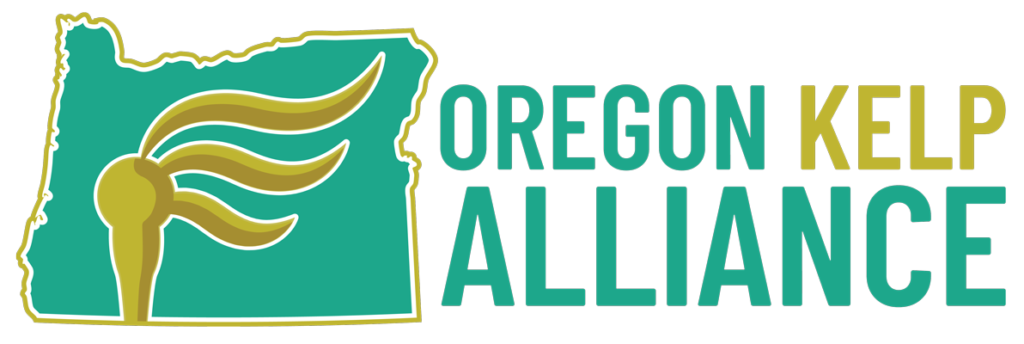Over-grazing by expanding populations of purple sea urchins has decimated many Oregon kelp beds, resulting in expansive “urchin barrens.” Urchins sourced from barrens typically have poor gonad quality with low market value. Collecting low-value urchins from resource-poor environments and “fattening” them in land-based tanks to improve roe (gonad) quality and quantity is one strategy to regain market value. This project is examining the efficacy of using Pacific dulse as a nutritious food source to increase urchin gonad quantity/quality.
Objectives of this two-year project are:
- Determine the nutritional value of cultured red seaweeds as fodder for purple urchins sourced from urchin barrens.
- Evaluate the economic feasibility and risk of scaled seaweed/sea urchin co-culture.
- Improve aquaculture literacy among coastal community members, industry, and academia; illustrate how aquaculture can sustainably provide food from the sea, locally and globally.
Experiments are being conducted at partnering farms in Bandon and Port Orford, OSU’s Hatfield Marine Science Center, and OSU’s Port Orford Field Station. University, industry, tribal and community participation is strengthening ties among stakeholders interested in coastal economic development, extending relevant results to industry, and engaging the public to increase aquaculture literacy and cultural awareness. Cost-effective seaweed-urchin co-culture technologies can also benefit coastal communities by increasing employment opportunities for urchin divers through the harvest of otherwise unmarketable urchins. This will also contribute to a resilient and diverse economy stemming from land-based aquaculture and feeding into seafood value chains embedded in coastal communities.
